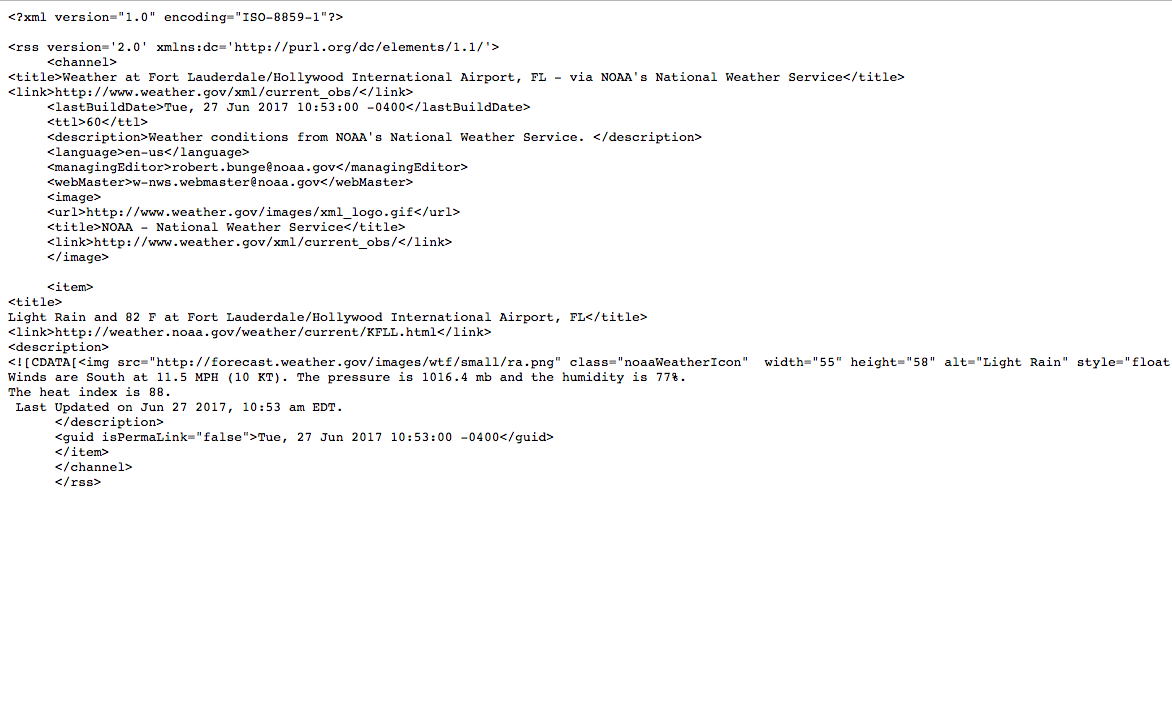I use YQL to get some html-pages for reading information out of it. Since today I get the return message "html table is no longer supported. See https://policies.yahoo.com/us/en/yahoo/terms/product-atos/yql/index.htm for YQL Terms of Use"
Example in the console: https://developer.yahoo.com/yql/console/#h=select+*+from+html+where+url%3D%22http%3A%2F%2Fwww.google.de%22
Did Yahoo stop this service? Does anybody know a kind of announcement from Yahoo? I am wondering whether this is simply a bug or whether they really stopped this service...
All documentation is still there (html scraping): https://developer.yahoo.com/yql/guide/yql-select-xpath.html , https://developer.yahoo.com/yql/
A while ago I posted in an YQL forum from Yahoo, now this one does not exist anymore (or at least I do not find it). How can you contact Yahoo to find out whether this service really stopped?
Best regards, hebr3

